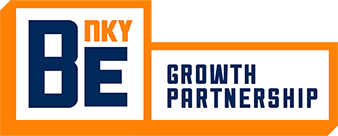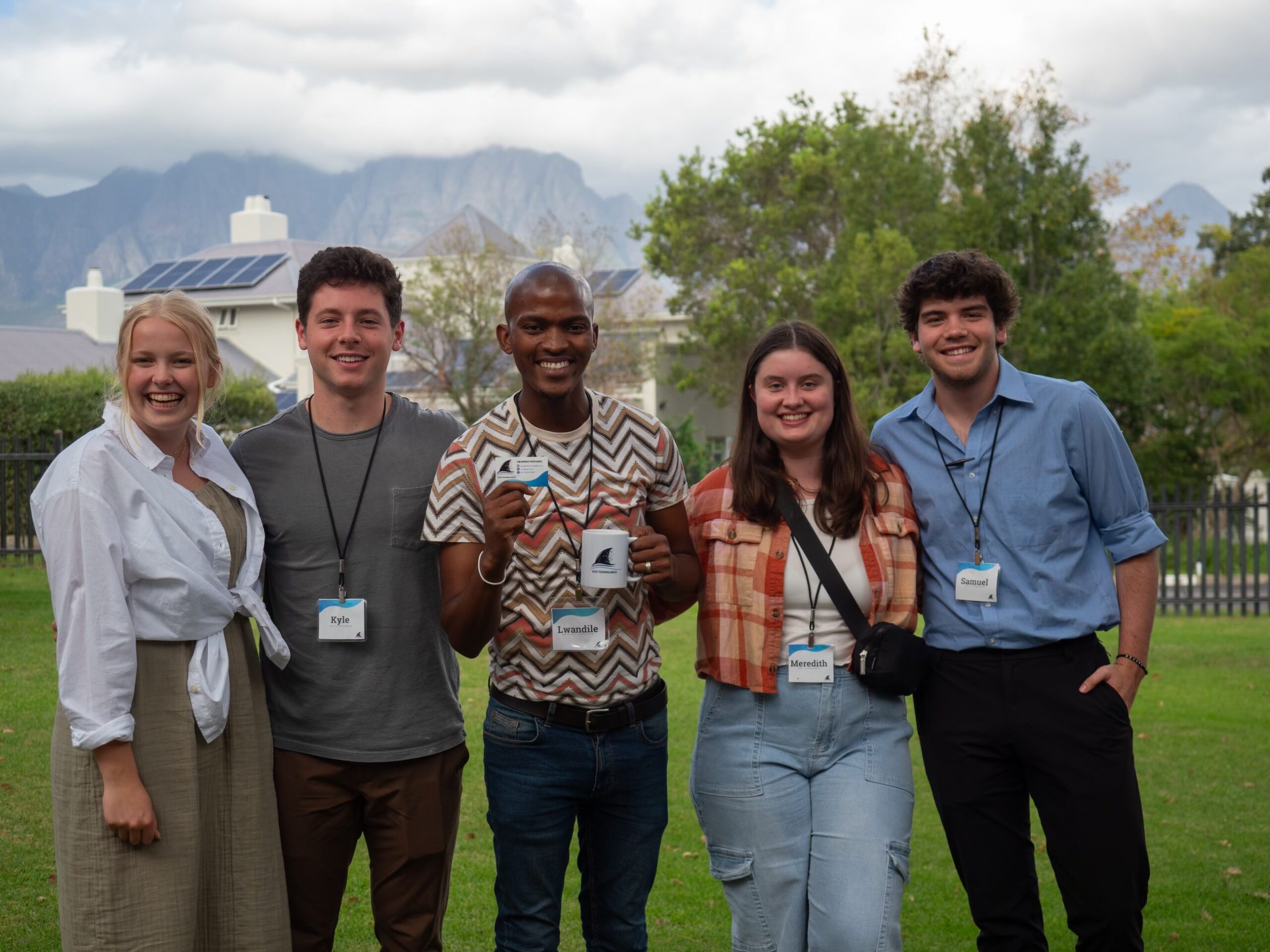A major highway runs through South Africa. On one side, there are million-dollar properties. On the other, families live under sheet metal. Cape Town, South Africa is in the very early stages of economic advancement. The apartheid that once existed has left the community deprived of resources and economic opportunities. This has resulted in widespread poverty, limited access to quality education and healthcare, and inadequate infrastructure. There have been some improvements and government actions to address the inequalities and foster economic development. These organizations include The Reconstruction and Development Programme (RDP), Black Economic Empowerment (BEE), and other affirmative action policies aimed at creating jobs, building housing, and increasing access to education and healthcare. Though these organizations have created a positive impact, progress has been slow due to the sheer size and scale of the project, mismanagement and corruption.
The economic development occurring in Cape Town is currently on a micro-level. Economic growth has been uneven, with urban areas and certain sectors benefiting more than rural areas and the informal economy. New businesses are just starting to develop, succeed and create revenue for the economy. As these businesses grow, they will be able to hire more employees and attract new businesses to the area. Eventually, these businesses will start attracting other, larger corporations. This is aspirational for the once apartheid-ridden community of Khayelitsha, where many of its residents live on less than two dollars a day. To survive, many have created small entrepreneurial startups to support their families and their community. Due to a lack of education and funding in the region, it is difficult for these businesses to thrive and grow. Many programs that are effectively changing the trajectory of life in Khayelitsha were started with support from non-governmental agencies like churches, universities and non-profits. Although they are often small steps, they make a big difference in empowering working-age adults to lift themselves out of the deep cycle of poverty that exists for their families and their communities.
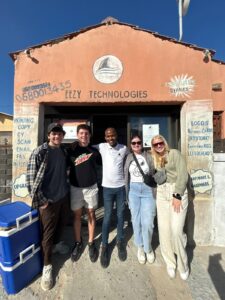
BE NKY intern Meredith Hall (second from right) in South Africa with a University of Cincinnati study abroad program.
I recently had the opportunity to work with some of these organizations and begin my journey in helping entrepreneurs in Khayelitsha improve their marketing and overall business plan.
It started in January of 2024, when I was accepted into a South Africa study abroad program at the University of Cincinnati (UC). The program is led by Karen Manning, an assistant marketing professor at UC and the founder of Uhambo 8286, a local non-profit supporting entrepreneurship in former apartheid communities. The goal of the study abroad program is to connect Lindner College of Business students with small businesses in Khayelitsha. Through their semester-long partnership, the student teams work with their entrepreneurs to develop strategic marketing plans, brand identities and implement ideas to help grow their businesses.
The process begins by choosing the next class of entrepreneurs to participate in the program. Entrepreneurs submit applications with information on their current economic state and their goals for the program. After the entrepreneurs are selected, they are paired with a group of UC students to begin their semester-long work. My group was paired with entrepreneur Lwandile Mxhamli, owner and founder of EEZY Technologies, which helps connect the people of Khayelitsha through IT Support, Internet, and Printing Services. Lwandile was very well established in the community when we met him. He had a large customer base and was very skilled in the IT Support field. My classmates and I met and chatted virtually with Lwandile through WhatsApp when necessary to gather as much information on his business as possible.
During each class, we worked on a different part of the Small Business Package for the entrepreneurs, developing business growth strategies and consistent brand messaging. These strategic business plans included a situational analysis, brand foundation, design brief, brand identity, collateral design, product recommendations, advertising and promotion, selling environment, and price recommendations. Since Lwandile was so well established, we were able to gather a lot of information about his company. It was difficult to collect his financials since he wasn’t tracking his expenses at the time. This made it very hard to figure out the revenue he was making from the business. After a long semester of work, we had completed the Small Business Package and were ready to visit Lwandile and the other entrepreneurs in South Africa.
Once there, we visited each of our entrepreneurs’ business locations and met in person for the first time. This experience was critical as we got to see the actual space where they work. Lwandile runs his business out of the front of his house. When we arrived at the location, we noticed that it was a lot smaller than we originally thought.
The following three days we held workshops and breakout sessions with the entrepreneurs. We discussed a variety of business topics and then broke out individually with our entrepreneurs to dive deeper into what each topic means for them. At the end of the day, the entrepreneurs presented their ideas to the rest of the group. Presenting helps the entrepreneurs learn how to pitch their business more confidently, which is critical to receiving loans and microfinancing. Lwandile was a natural presenter, and it was amazing to see him so excited and eager to present his ideas. During the breakout sessions, the entrepreneurs were surprised with different collateral materials depending on their needs, which included business cards, websites, signage, branded clothing, decorations, etc.
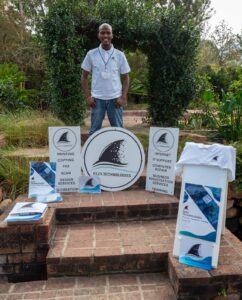
Lwandile Mxhamli
When we gave Lwandile his collateral he said that it made all his hard work worth it. After the sessions had ended, he immediately went home and hung up his new signs.
After completing this stage of the process, the entrepreneurs will now embark on a two- year leadership and business training program sponsored by Uhambo 8286 and Paradigm Shift, a South African non-profit. The entrepreneurs take one month to go through a module of the training and then they have two months to apply what they learned to their businesses. The training takes a deeper look into what was covered in the previous process and helps make their goals a reality.
Once they finish the formal business education program, they will attend the newly developed leadership conference. During this event, the students currently working in South Africa meet with the recent graduates of the Leadership Training Program to gather information for creating written reports on their businesses that can then be submitted to receive small government loans. This is huge for these entrepreneurs because they have developed a set of goals for their business and can gain financing.
Through this process, Lwandile and the other entrepreneurs can grow their businesses substantially. So many of these entrepreneurs are incredibly talented at what they do, they just lack formal business training and financial support. Through programs like Uhambo 8286, South Africa can slowly make its way out of the deep economic divide the country currently faces.
This was a life-changing experience for me and one I’ll never forget. It was so humbling to see the environment that these entrepreneurs live in and the positive outlook they have on life and their businesses. I learned so much about micro-business development and marketing through this process. It was amazing to apply what we learn in classes into real-world situations while helping to change the lives of people around us. Even though we live 8,286 miles away from these entrepreneurs, I still feel so connected to them. I look forward to continuing my work with Uhambo 8286, as this is a cause I will never stop fighting for.
Uhambo: “I am who I am because you are who you are”
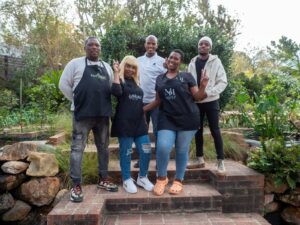
Meredith Hall is an intern for BE NKY Growth Partnership. She is currently a Junior studying marketing at University of Cincinnati’s Lindner College of Business.
